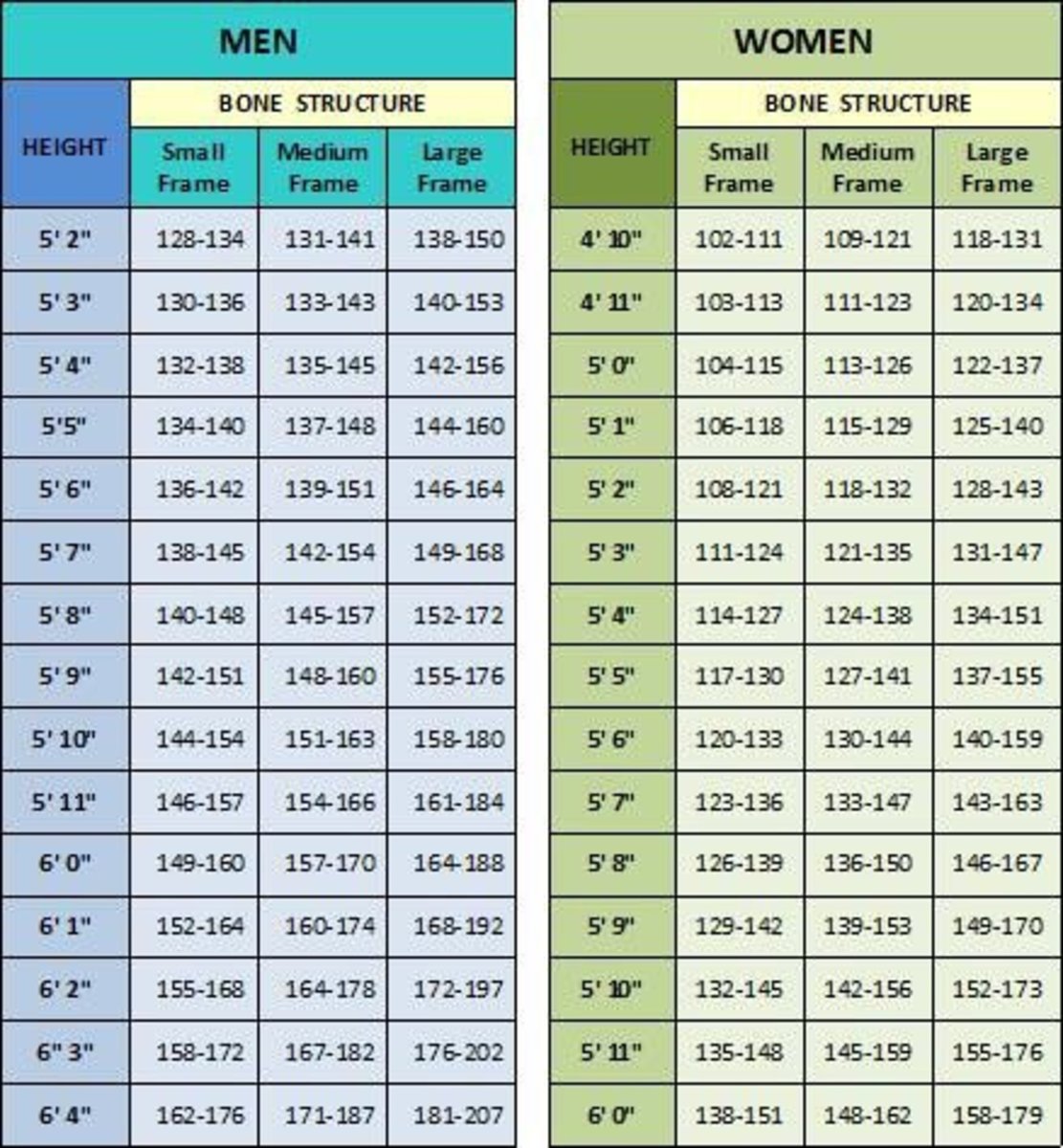Nourishing Traditions? Traditional diets, the Weston A. Price Foundation, and your health
One of the most controversial diet books published in decades, Nourishing Traditions: The Cookbook that Challenges Politically Correct Nutrition and the Diet Dictocrats contains something to shock or outrage almost everybody.
The book was written by Sally Fallon, one of the co-founders of the Weston A. Price Foundation, an organization whose stated goal is to "restore nutrient-dense foods to the American diet through education, research and activism." The organization is named after the late Weston Price, a dentist and nutritional ethnographer.
Price traveled extensively around the world and studied the diets of many traditional cultures. What he found astounded him. The diseases that plagued the modern world, including everything from dental cavities and osteoporosis to cancer, diabetes, and heart disease, were virtually unknown among societies following traditional diets, yet within a generation after the introduction of Western-style processed foods, Western-style health problems started cropping up in the populations.

As a result of his research into healthy traditional diets, Price and his followers at the Weston A Price Foundation promote a diet focusing on the following foods:
- pasture-finished red meat and poultry, including organ meats
- wild game
- bone broths
- wild-caught fish and shellfish from unpolluted waters
- full fat dairy products, preferably raw (unpasteurized) and/or fermented
- whole eggs from pastured hens
- organic fresh fruits and vegetables
- whole grains, legumes, and nuts that have been soaked, sprouted, or fermented
- olive oil, sesame oil, peanut oil, and tropical oils such as coconut oil and palm oil
- cod liver oil
- lacto-fermented fruits, vegetables, beverages, and condiments
- unrefined salt
- fresh or dried herbs and spices
- filtered water
In short, the Weston A Price Foundation promotes consumption of whole, minimally processed foods that have been raised and prepared according to traditional methods.
The Weston Price Foundation also encourages other aspects of a healthy lifestyle, including natural light, fresh air, regular exercise, and adequate sleep.
It discourages consuming:
- modern processed foods of any kind
- refined grains
- refined sugars
- soy products, with the occasional exception of fermented soy products such as miso
- hydrogenated or partially hydrogenated vegetable oils
- polyunsaturated oils
- vegetable oils made from soy, canola, safflower, corn, or cottonseed
- artificial food additives, especially MSG and aspartame
- canned, sprayed, waxed, irradiated, and genetically modified fruits and vegetables
The Weston A Price Foundation makes many controversial claims. One of the most controversial is their statement that "human beings have been consuming saturated fats from animal products, milk products and the tropical oils for thousands of years; it is the advent of modern processed vegetable oil that is associated with the epidemic of modern degenerative disease, not the consumption of saturated fats."
In the list of recommended foods above, you probably noticed the strong focus on animal fats from meat, whole dairy products, and eggs. This seems counter-intuitive for many people. Not only have most of us been encouraged to eat a low fat diet for decades, if you look at the people in the modern world who eat the most saturated fats, they also tend to be the sickest and most overweight.
The Weston A Price Foundation argues that the saturated fat is not the problem, and correctly point out that humans have been consuming saturated fat for thousands of years, while it is only in the last 100 years or so that diet-based diseases such as heart disease, diabetes, and cancer have reached epidemic proportions. Weston Price and his followers believe that processed vegetable oils, trans fats, and refined carbohydrates are the real culprits in the modern world's poor health.
Learn More About Grassfed Nutrition
I remain skeptical of their claims about the benefits of a diet high in saturated fat, but it is undeniable that modern eating patterns and farming practices have fundamentally altered the nutrient value even of relatively unprocessed animal products such as steak. Most beef sold today is fattened on anything from grain and soybeans (not natural, but comparatively okay) to stale gummy bears! You can't tell me that's healthy for the cow, or the consumer who ends up eating it. In fact, the fat profile of a grass-finished steer is leaner than than a skinless grain-fed chicken breast, and nearly as lean as grassfed bison (the staple food of the Plains Indian tribes, who may have been the healthiest societies in the world in the early and mid-19th century) or wild venison. And though the total amount of fat is lower than grain-fed beef, grassfed beef is 2-4 times higher in heart-healthy Omega 3 fatty acids, and 3-5 times higher in another heart-healthy fat called Conjugated Linoleic Acid, or CLA. It is also higher in several important vitamins and minerals, including vitamin A, vitamin E, calcium, magnesium, potassium, thiamin, and riboflavin.
Grassfed beef is exactly the kind of nutrient-dense whole food the Weston A Price Foundation promotes, and this stance makes sense to me, even if I'm skeptical of their claims about saturated fat. Likewise, grassfed dairy products are known to be significantly higher in many nutrients, and so are eggs from chickens that are genuinely free range.
The emphasis on animal fats has also understandably annoyed a lot of vegetarians and vegans, who in other regards would seem like natural allies of the Weston A Price Foundation, particularly due to the preference for whole foods and organic techniques, which is shared by many in the vegetarian and vegan communities.
Personally, I think the Weston A Price Foundation offers a good compromise between the Standard American Diet and a vegetarian diet based on fresh fruits and vegetables, whole grains, nuts, seeds, and beans and legumes. Even though it emphasizes (and sometimes overemphasizes) the importance of animal products to human health, it also places the highest value on animal products raised humanely and naturally.
Like many vegetarian and vegan groups, the Weston A Price Foundation opposes "confinement operations, feedlots, debeaking, growth hormones, routine antibiotics in feed, inappropriate feed such as soy, and other practices that harm animals' health and well-being, harm the environment, and result in animal foods that are not optimally nutritious for humans."
It also promotes a diet high in nutrient-dense plant foods such as fresh fruits and vegetables, and even acknowledges that ovo-lacto vegetarianism and pescetarianism (eating fish but not red meat or poultry) are healthy alternatives for most people.






